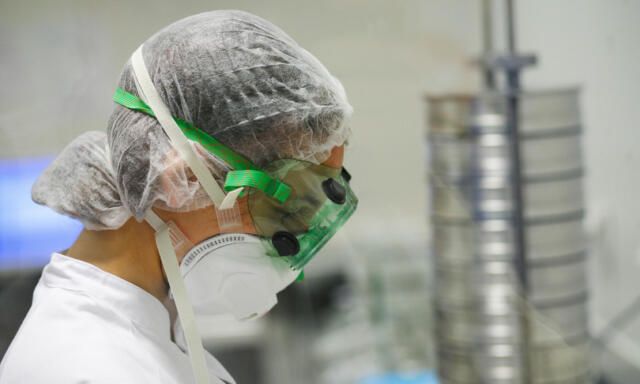breaking latest news – Through artificial intelligence, the protein molecules produced by extinct hominids from Neanderthal times have been brought back to life. This is demonstrated by the study by the University of Pennsylvania in Philadelphia, published in Cell Host & Microbe. The researchersi have applied computational methods to protein data from both modern humansor Homo sapiens, and our long-extinct relatives, such as Homo Denisova
This allowed scientists to identify molecules capable of killing disease-causing bacteria, which could inspire new drugs for treating human infections. “We are motivated by the idea of bringing molecules from the past back to life to address today’s problems,” said Cesar de la Fuente, study co-author and bioengineer at the University of Pennsylvania in Philadelphia.
The development of antibiotics has slowed down in recent decades and most of those prescribed today have been on the market for more than 30 yearswhile the number of antibiotic resistant bacteria is on the rise. Many organisms produce short protein subunits, called peptides, that have antimicrobial properties. A handful of antimicrobial peptides, most of which have been isolated from bacteria, are already in clinical use.
Future scenarios
Proteins from extinct species could be an untapped resource for antibiotic development. In this regard, the research team trained an artificial intelligence algorithm to recognize the sites of human proteins where they are known to be cut into peptides.
To find new peptides, the team of scientists applied the algorithm to publicly available protein sequences – maps of the amino acids of a protein from H. sapiens, H. neanderthalensis and Denisovans – and then used the properties of the antimicrobial peptides to predict which ones these new peptides could kill bacteria.
“Finding and testing drug candidates using AI takes weeks; in contrast, with the old methods it takes three to six years to discover a single new antibioticde la Fuente said. The researchers tested dozens of peptides to see if they could kill bacteria in the laboratory and then selected six potent peptides, four from H. sapiens, one from H. neanderthalensis and one from H.Denisovans, and placed them they fed mice infected with the bacterium Acinetobacter baumannii, which causes common hospital infections in humans.
All six peptides blocked the growth of A. baumannii in the thigh muscle, but none killed the bacteria. Five of the molecules killed bacteria growing in skin abscesses. “The doses used were extremely high”, explained Nathanael Gray, a chemical biologist at Stanford University in California.
According to de la Fuente, modifying the most successful molecules could create more effective versions. Similarly, tweaking the algorithm could improve the identification of antimicrobial peptides, with fewer false positives. “While the algorithm we used didn’t produce any amazing molecules, I think the concept and structure represent a completely new way to think about drug discovery,” de la Fuente said.
“The underlying idea is interesting,” Gray said. “But until the algorithm can predict clinically relevant peptides with a higher degree of success than it currently does, finding these molecules won’t have much impact on drug discovery,” Gray continued.
“I’m excited to see a new approach in an understudied field like antibiotic developmentsaid Euan Ashley, a genomics and precision health expert at Stanford University in California. “De la Fuente and his colleagues convinced me that diving into the study of the archaic human genome can be interesting and potentially useful,” Ashley concluded.
